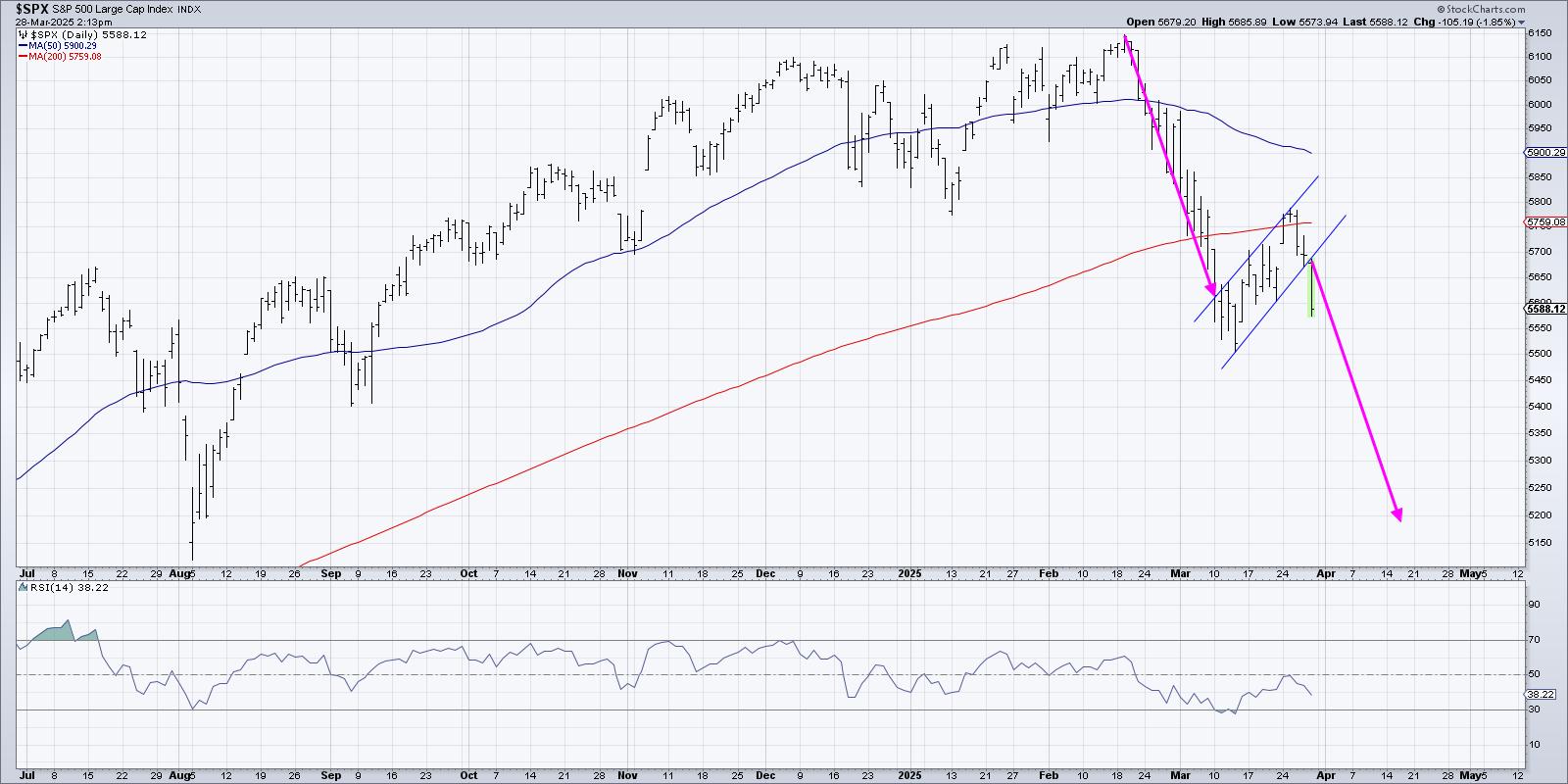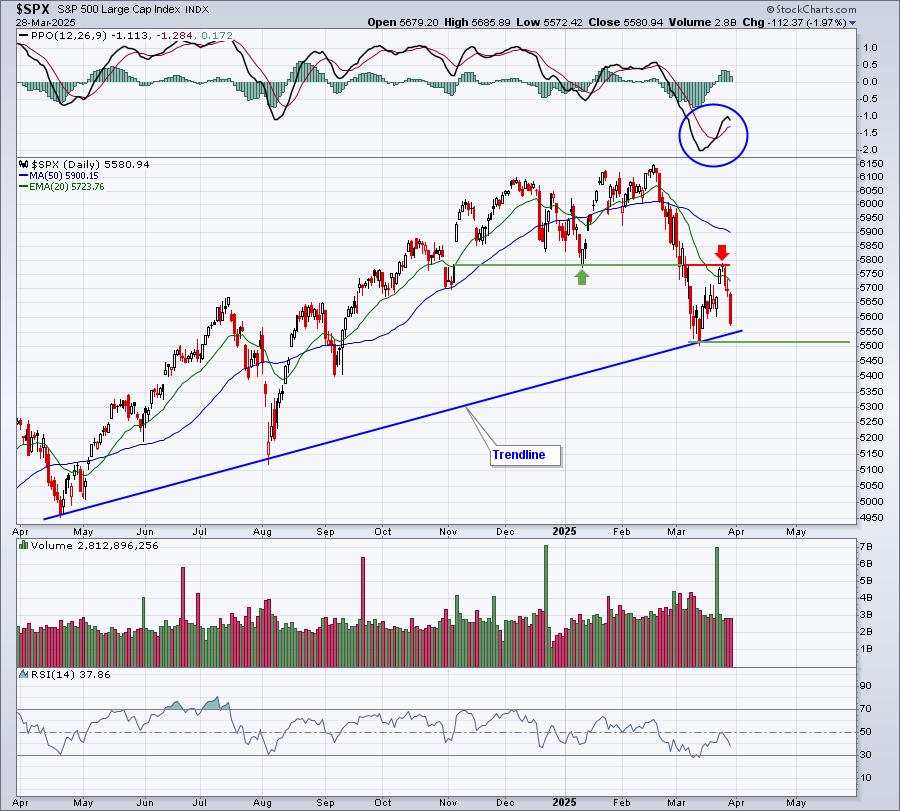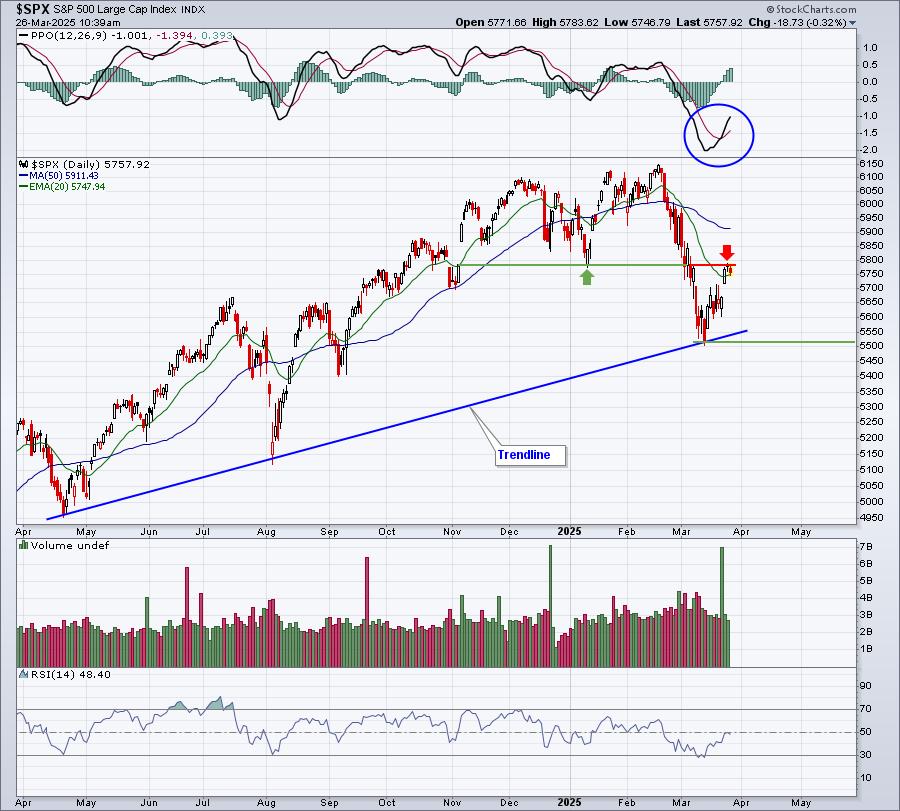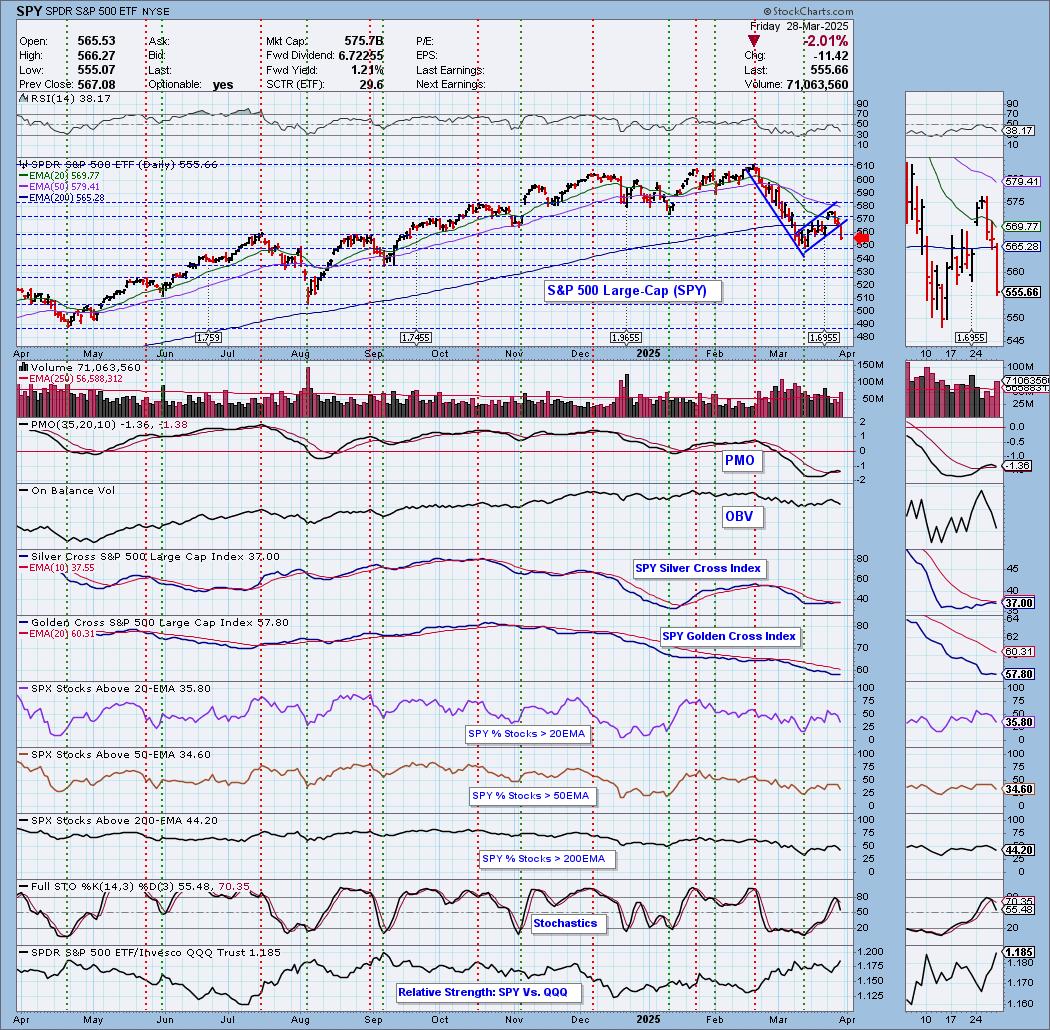
A slowdown can sometimes be a good thing. That was the general thinking behind the market when the much-awaited GDP report was released on Thursday. The data showed that the US economy grew less than analysts expected; the overall economy grew 1.1% in the first quarter of 2023, which was lower than the estimated 2.0% growth. So not strong, but it could be worse.
The stock market rallied on this news. The broader indexes closed higher, and all 11 S&P sectors closed in the green. But even though the economy is holding up better than expected, rising interest rates, tightening monetary policy, and credit tightening could result in stagnation in the second quarter. That's because, when constraints are placed on economic resources, the consumer could get hurt.
So What Will Fuel Economic Growth?
Yield curve inversion continues to be a concern. With the credit tightening, where will the money to support economic growth come from? Until the Fed lowers the Fed Funds rate, the economy could slowly decelerate; that's not likely to happen when the Fed meets in May. The CME FedWatch tool, as of this writing, shows approximately 81% probability of a 25 basis point interest rate hike.
So if there is a 25 basis point hike in May, credit card rates may go higher, as will mortgage rates, auto loans, and personal loans. This would burden consumers, which could slow down consumer spending.
Inflation could continue to slow down, but a lot could surface in the next few months. For one, the labor market is still strong despite showing signs of cooling. Jobless claims continue to drop even though we hear about so many layoffs. There's a chance that those laid off from tech companies received severance pay, which could keep them going for a few months. So the effects of the layoffs may surface in the future.
And let's not forget that the banking crisis is still simmering. The Fed just reported that the failure of Silicon Valley Bank (SVIB) had to do with internal mismanagement. The fiasco shows weakness in regulation, and measures will probably be taken to make changes, but that's not likely to happen immediately.
It's Not All Gloom and Doom
A big chunk of companies have reported earnings, and for the most part, big banks and big tech companies reported better-than-expected earnings. Strong earnings from Microsoft (MSFT), Alphabet (GOOGL), and Meta (META) helped reignite investors' appetite for big tech.
Energy earnings are also coming in. Despite the fall in crude oil prices, Exxon Mobil (XOM) and Chevron (CVX) reported better-than-expected earnings.
The S&P 500 index ($SPX), Dow Jones Industrial Average ($INDU), and Nasdaq Composite ($COMPQ) are getting pretty close to their February highs. The S&P 100 index ($OEX), which represents a significant percentage of large-cap stocks, has broken out above its February high and its more recent April 18 high. If $SPX, $INDU, and $COMPQ see a similar scenario play out, it could be time for investors to get excited about the stock market.
The daily chart of $OEX below suggests that large caps have been showing strength and could continue higher, hitting their August high of above 1,900. The index is above its 50-, 100-, and 200-day moving average, and all three moving averages are in an upward-sloping trend.

CHART 1: S&P 100 INDEX ($OEX) UPWARD AND ONWARD. A series of higher lows and a breakout above its February high puts $OEX ahead of other indexes.Chart source: StockCharts.com. For illustrative purposes only.
End-of-Week Wrap Up
- $SPX up 0.83% at 4169.48, $INDU up 0.8% at 34,098; $COMPQ up 0.69% at 12226.58
- $VIX down, closing at 15.78 (last time VIX hit this level was at the end of 2021)
- Best-performing sector for the week: Communications Services
- Worst-performing sector for the week: Utilities
- Top 5 Large Cap SCTR stocks: Meta Platforms (META), Nvidia (NVDA), Gold Fields (GFI), AngloGold Ashanti (AU), Wynn Resorts (WYNN)
On the Radar (Week of May 1)
- ISM manufacturing/Construction spending (Monday, May 1)
- JOLTS Job Openings (Tuesday, May 2)
- Federal Reserve Interest-rate statement and presser (Wednesday, May 3)
- US employment report/Consumer credit (Friday, May 5)
- Lots of earnings—some notable ones are Apple (AAPL), Advanced Micro Devices (AMD), Pfizer (PFE), BP Amoco (BP), Ford Motor (F), Uber (UBER)

Disclaimer: This blog is for educational purposes only and should not be construed as financial advice. The ideas and strategies should never be used without first assessing your own personal and financial situation, or without consulting a financial professional.
Happy charting!






